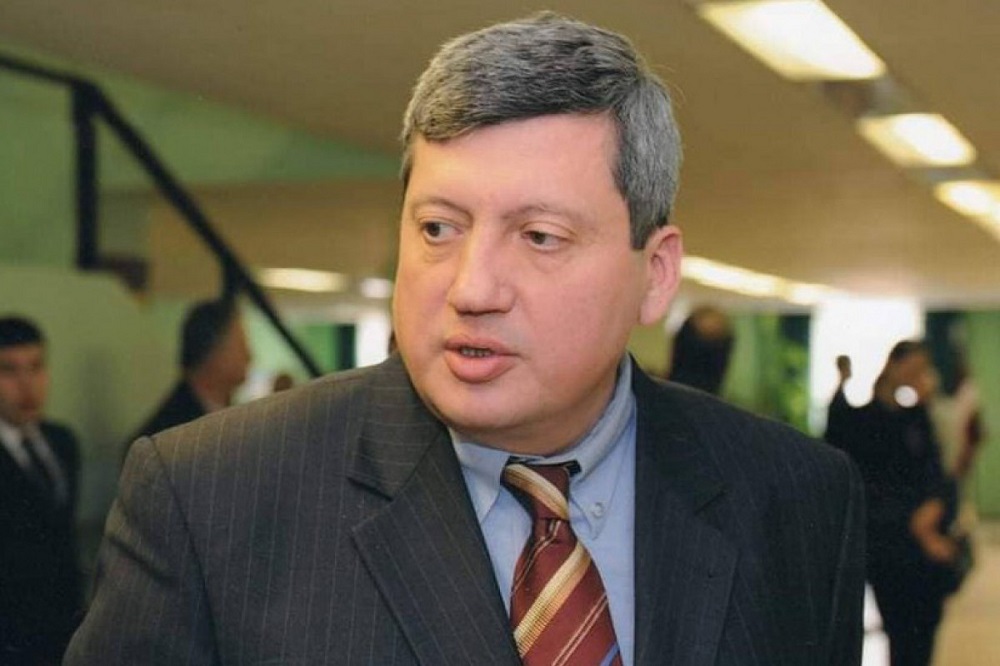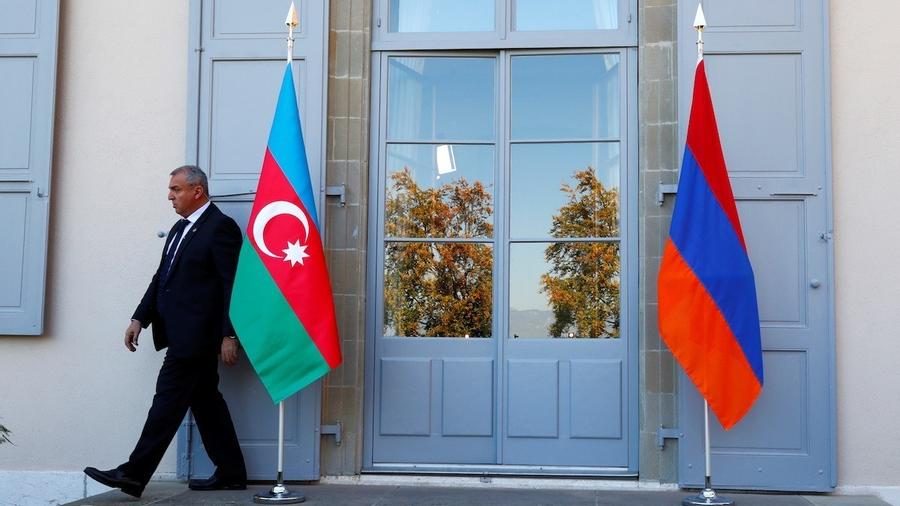"If borders were restored to the 1920 map, the Zangezur Corridor wouldn't be needed." Comment from Baku
Zangezur removed from the peace agreement
Baku and Yerevan have agreed to remove the Zangezur Corridor clause from the peace agreement and postpone its discussion to the next stage, Azerbaijani presidential aide Elchin Amirbekov said in a recent interview with Radio Liberty.
- UN Security Council calls on Russia to withdraw troops from Georgian territory
- Are there Israeli military forces in Azerbaijan, and could Iran strike them? A comment from Baku
- Who will build the new nuclear power plant in Armenia? Here’s what to know
Analysts from the Turan news agency believe that Amirbekov’s statement coincided with mentions of possibly placing the Zangezur Corridor under international control. They think that U.S. Assistant Secretary of State James O’Brien hinted at this during his visit to the region, and earlier, European Council President Charles Michel had discussed transferring control of the corridor.
Iran’s Supreme Leader Khamenei unexpectedly declared that this project is “harmful” to Armenia. Following him, Russian Security Council Secretary Sergei Shoigu, who visited Baku immediately after his trip to Tehran, stated that it’s crucial to prevent Western influence in the South Caucasus.
“From all of this, one can conclude that the idea of placing the Zangezur Corridor under international control was proposed by the U.S. and the EU. The essence of this idea is to keep Russia out, which is exactly what Yerevan wants.
Apparently, Western partners also managed to convince Baku that the presence of Russian forces in the corridor doesn’t benefit Azerbaijan, and it would be better to have international forces with a certain status there,” the analysts suggest.
In response to journalists’ questions about the decision to remove the issue of opening regional communications from the peace agreement and how it aligns with Azerbaijan’s interests, Tofig Zulfugarov, former Minister of Foreign Affairs of Azerbaijan, clarified that this only concerns the initial framework agreement.

“This document will resemble a declaration more than an agreement because it does not resolve any issues. If we consider not only the topic of communications but also issues like borders and others, we see that it forms a framework for the future peace process, based on the principles proposed by Azerbaijan in 2021.
Some people now say that the Zangezur issue has been postponed. This is a meaningless statement. The document does not provide for this at all,” the former minister said in an interview with azpolitika.info.
Zulfugarov also addressed Armenian accusations that Azerbaijan is unwilling to make peace:
“The Armenian side accuses Azerbaijan of not wanting peace. Azerbaijan, on the other hand, says that a peace agreement is currently impossible due to many unresolved issues, from communications to borders. Everyone understands that resolving border issues will take years.
For instance, communications will require months or even years to implement from a technical standpoint. If we return to the essence of the document in question, it is essentially a statement.
Regarding the removal of the Zangezur Corridor from the agenda, the former minister believes that the parties concluded through negotiations that agreement on many issues is impossible. He suggests that the document will only include the points agreed upon by the parties, with unresolved parts being removed.
“These steps show that we want peace, but if our interests are not reflected today, we will leave them for future negotiations.
Sometimes I hear people say, ‘The Zangezur project is not needed now. The Zangezur issue is off the agenda,’ and so on. This is not true. One of Azerbaijan’s main goals is to connect the two parts of the country. Additionally, the Zangezur Corridor issue is also of interest to the U.S., Russia, Turkey, and other countries.
Currently, the main conflict centers on the issue of borders. Azerbaijan and Armenia have different viewpoints on this. They want to restore the Soviet-era borders. Azerbaijan agrees, but which year’s maps will be used as the basis? We do not accept the borders from 1975. On the other hand, if Azerbaijan restores the borders according to the 1920 maps, the Zangezur Corridor will not be needed,” he concluded.



















